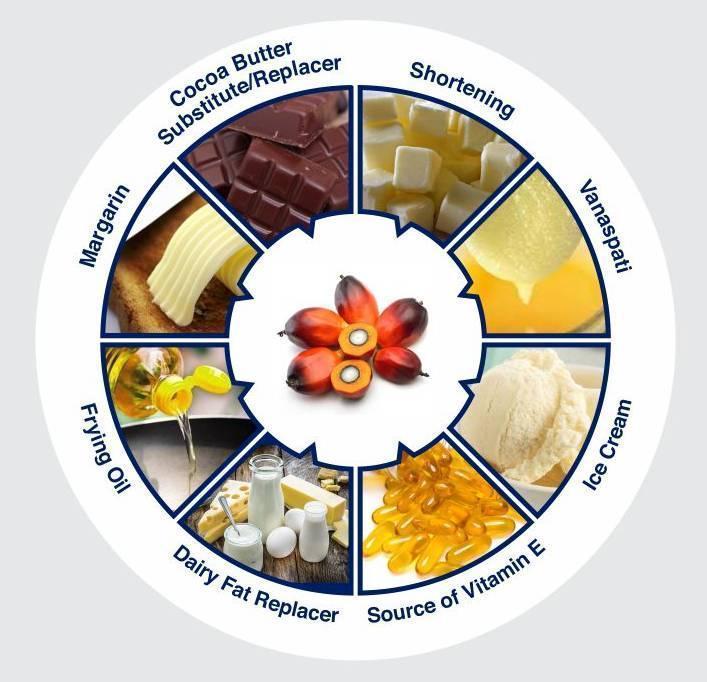There are two methods for milling palms to obtain oil: dry and wet milling.
Dry milling, which involves numerous mechanical operations, is a less preferred method since it results in hazardous wastewater being released into a river or landfill.
Wet milling is the most common process. This procedure, as the name implies, requires a lot of water. These massive amounts of water required for oil extraction are available from nearby rivers or surface waters, requiring minimal pumping. Thus, costly end treatment of this cheaply available water is a less attractive for mills. However, as various countries implement increasingly rigorous regulations, wastewater treatment is becoming increasingly important.
The palm oil extraction industry consumes a lot of water, which is then released into a river or a landfill. Instead, if this water is processed, it can be reused as a source of water at various stages of the oil extraction process or for steam generation. Solid waste with a low water content can be used as raw materials in the fertilizer industry because it is high in Nitrogen (N), Phosphorus (P), and Potassium (K), all of which are essential nutrients for plants.

When considering evaporators for water recovery, dissolved solids can be difficult to handle and keep the evaporators running smoothly. As temperature rises, many substances tend to settle or form scales or crystals. This contaminated water is transported through the tubes of conventional evaporators, and the tubes are choked, scaled, or fouled. When a layer of solid scale forms on the tube walls, whether soft or hard, thick or thin, it causes a restriction to heat transfer. This results in less evaporation, which means less water recovery, as well as energy waste and equipment wear.
The KLAREN self-cleaning fluidized bed heat exchanger technology may provide a viable option. Using these, specifically selected cleaning particles prevent scales or crystals from adhering to the tube walls, so keeping the walls clean continuously.
This results in greater heat exchange and consequently greater water recovery with less steam input and clean tubes, lowering cleaning expenses. These evaporators reduce the wastewater treatment plant’s OPEX.
The self-cleaning evaporator with Mechanical Vapor Recompression (MVR) system can also be employed to achieve better energy efficiency. MVR systems run on the vapor generated in the evaporator and require no external steam supply, lowering the plant’s OPEX even more.
Overall, the KLAREN self-cleaning technology is the best appropriate solution for this kind of problems.

